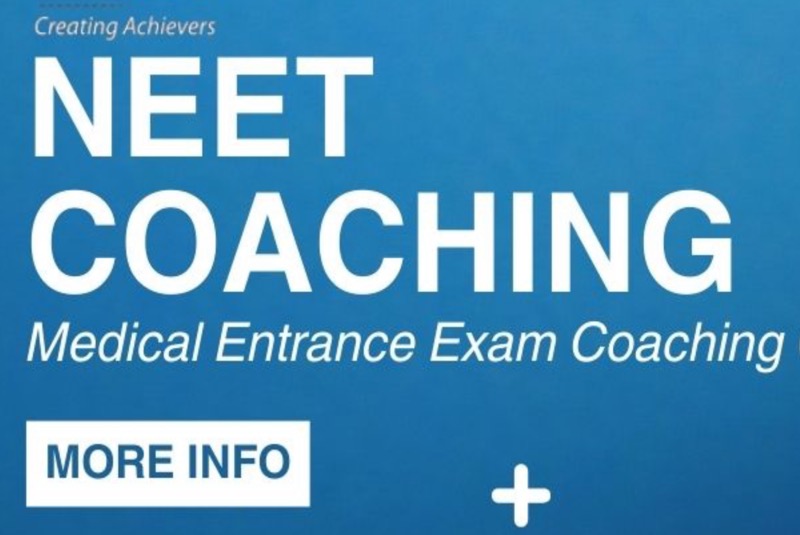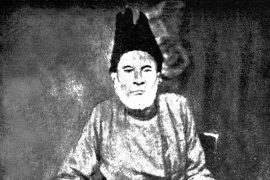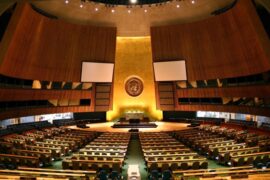An eighteen-year-old student from Kota, preparing for NEET, ended her life in June this year, as did a UPSC aspirant in Rajendra Nagar (Delhi) early this August. Last year, twenty-six students attending the so-called ‘cram schools’ committed suicide. 2024 has already witnessed at least thirteen more cases.
Each year, lakhs of students appear for ‘competitive examinations’ such as JEE, NEET, and CLAT to get admission into premier institutions of higher education. Over the last few decades, we have seen the emergence of ‘coaching institutes’ to train students specifically to succeed in these exams; they promise to bridge the gap between the standard high school syllabus and competitive entrance exams.
It is worth noting, however, that many of these institutes provide training only in subjects relevant to the syllabus. If these institutes operated in tandem with regular senior secondary schools, the students might gain a more in-depth understanding of their entire syllabus. Indeed, this would surely be the case were it not for ‘dummy schools.’
‘Dummy schools’ show students preparing for competitive examinations as being enrolled—at least on paper. The students are granted attendance, and all their internal requirements are met. The only condition is that the student passes the final exams. In reality, these students are admitted to coaching centres.
As a consequence of attending ‘dummy schools,’ many students lack proper instruction in other fields—sports, foreign languages and, most notably, English—as well as the experiences and skills regular schools help develop, such as participation in student government and other extracurriculars. Speaking to a newspaper, K.N Satyanarayana, director of IIT-Tirupati, said:
Unlike a regular school, where the children are made to learn languages, the coaching centres merely concentrate on the ability to crack Physics, Chemistry and Maths problems.
Recently, I spoke to a seventeen-year-old student studying at a JEE coaching centre, who said, “We receive one 2-hour class each week for English and no support at all for our fifth subject.” What is more worrying is that many coaching centres partner with schools to enrol students as “dummies.” While their overall prowess in a few subjects may offset the impact this has on their aggregate score, it does not change the fact that they miss out on a crucial aspect of their senior secondary education.
The impact of coaching institutes on India’s education system is felt not only by those attending them but also by those who are not. The students who do manage to balance attending both regular school as well as after-school competitive coaching tend to set a false standard for others. The JEE and NEET aspirants, for example, often excel at science subjects, and the teachers consequently organise their class plans around them.
Those who don’t attend coaching, on the other hand, are placed at a significant disadvantage. They find themselves unable to keep up with a system that is no longer geared to provide them with an education. Instead, it revolves around students who have been studying the material for longer and more intensively.
In January 2024, the Ministry of Education published a series of guidelines for coaching centres detailing, among other things, basic infrastructural necessities. However, the recent tragic death of three IAS aspirants at a coaching facility in Delhi is just one example that shows utter disregard for these rules. If these institutions—even a few—take questions as important as the safety of students so casually, what guarantee do we have that stipulations surrounding curriculum will be met? Practically, to what extent can the government compel them to meet these requirements?
Another important facet of the coaching ‘game’ is unidimensional learning, which continues to be a much wider, systemic issue. This stems mainly from high schoolers entering XIth grade choosing subjects aligning with one of three major streams: Science, Humanities, or Commerce.
Proponents of the government’s New Education Policy (2020) will argue that this is precisely the mindset they seek to change, and yes, the NEP is an essential step in the right direction. According to the policy, “Imaginative and flexible curricular structures will enable creative combinations of disciplines for study.” This is a necessary goal in an era where interdisciplinary education is the only way to equip students for the future.
As a student, I am acutely aware of the realities of this system. CBSE offers senior secondary students a combination of five potential subjects, with the additional option of taking a sixth. Despite the vast number of subjects we are offered and our ability to choose any of them, there are systemic restrictions. For example, in order to study Physics, it is usually advisable to take Core Mathematics, which provides additional grounding in trigonometry and vectors.
With a limitation of a maximum of six subjects and the fact that certain subjects necessitate the study of others, this is not as free a choice as it may appear. Combined with the prevalent (if regressive) mindset that separates students into the three streams—a mindset that the current education system feeds into rather than combats—it is easier said than done to build an interdisciplinary framework.
Our education system’s inherently unidimensional approach compounds the effect of coaching centres. Since students in grades XI and XII do not study a wide range of disciplines, the principle of attending coaching centres to intensify their study of three out of five subjects makes perfect sense. However, if students were compelled to take exams in subjects they may not necessarily want to pursue in university, coaching seems not to cover all their bases.
This is not, in any way, to take away from the work being done by students and faculty at institutions training students for competitive exams. The dedication and hard work it takes to perform well at such challenging tests is commendable. We must be concerned about how these coaching institutes fail to work with the education system—perhaps acting counterproductively.
Though many of them start with noble intentions—to support students striving for academic excellence—these institutes have become a front for extortion through exorbitant fees. They also put unbearable academic pressure, huge workloads, and social isolation.[MOU1]
Conversely, our education system is failing us. It does not provide students with a genuinely multidimensional, high-quality curriculum or fair evaluation methods. Instead, it is sitting complacently by, watching as competitive coaching fulfils the role schools should be equipped to perform.
Indeed, it has now reached a stage where neither is independent of the other; coaching centres overlook crucial elements of a well-rounded curriculum, and schools no longer teach students content at the level they need to learn it in order to participate in competitive entrance tests.
The solution? Reforms that go beyond the intent shown in NEP 2020.
We must build a system that fosters education in multiple fields at the senior-secondary level while permitting specialisation in some. Students must not be limited to a handful of subjects. Instead, they must be exposed to advanced study in a broad range of fields. It is just as important for an aspiring engineer to know how our annual budget is allocated as it is for an aspiring diplomat to understand how household circuits function.
Moreover, to accommodate diverse learning, our testing methods must evolve to be formative, not summative. We must encourage a higher level of discourse and research among students. Most importantly, we must have faith in the fact that people want to learn and that—if given the chance—they will adapt and engage with diverse ideas and fields of knowledge.
It may cost the exchequer. However, if the cost of not reforming this system is that twenty-six young, promising lives are lost each year, then we can no longer afford to stall such reform with half-hearted policies and empty promises.
-30-
Copyright©Madras Courier, All Rights Reserved. You may share using our article tools. Please don't cut articles from madrascourier.com and redistribute by email, post to the web, mobile phone or social media.Please send in your feed back and comments to [email protected]











